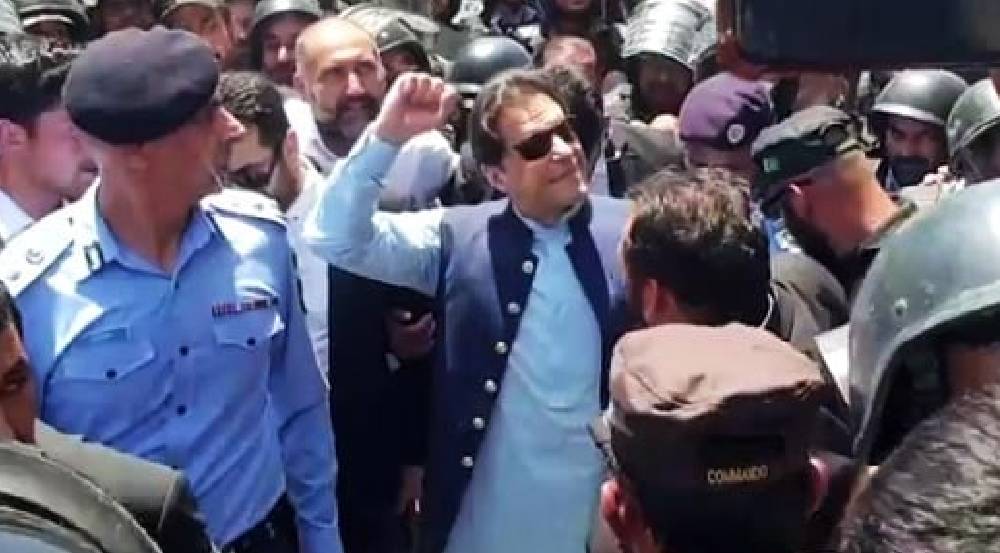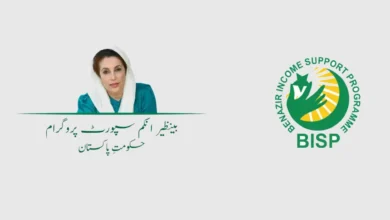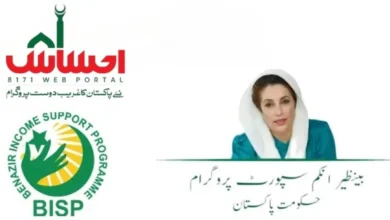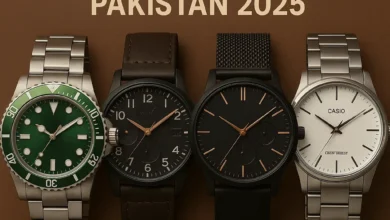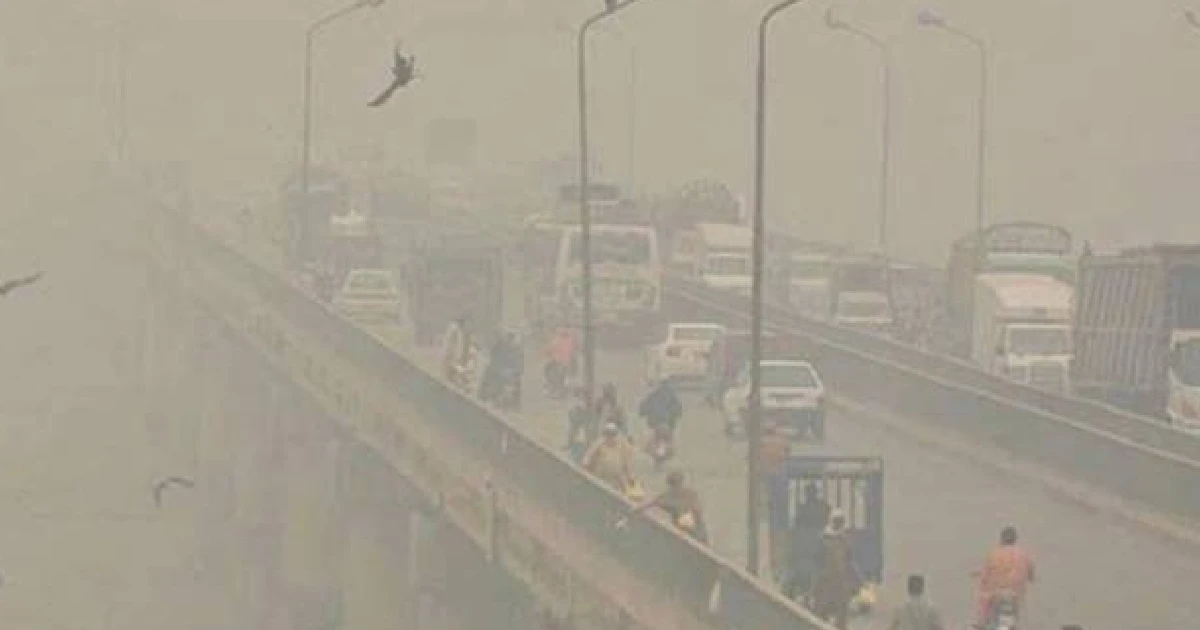
Smog has become an annual challenge in Pakistan, especially in the province of Punjab and the city of Lahore. As winter approaches and air pollution spikes, a thick blanket of smog engulfs the region, posing serious risks to human health.
Smog is air pollution that reduces visibility due to the mixture of smoke, fumes, and dust in the atmosphere. In Pakistan, smog forms during October-January due to several factors:
- Smoke from the burning of crop residues by farmers in rural areas
- Vehicle emissions in urban centers like Lahore
- Emissions from industries and brick kilns using dirty fuels
- Dust and sand from construction activities
- High humidity and lack of air circulation trap pollutants close to the ground
This noxious mix of pollutants hangs over Pakistani cities, leading to multiple health issues for the inhabitants.
Exposure to high levels of air pollution and smog poses health risks including:
- Breathing problems like coughing, wheezing, and asthma attacks
- Increased susceptibility to lung infections and pneumonia
- Higher risk of stroke, heart disease, and even lung cancer with prolonged exposure
- Eye, nose, and throat irritation causing itchiness and soreness
- Headaches, dizziness, and nausea
- Mental health issues like anxiety and depression
Children, the elderly, and those with pre-existing conditions are the most vulnerable to smog’s harmful effects. But ultimately, everyone’s health suffers from breathing in this toxic air.
Do’s and Don’ts During Smog Episodes
Stay Indoors During Peak Hours
When the air quality index (AQI) for fine particulate matter (PM 2.5) crosses 200, it is unhealthy to stay outdoors for extended periods. Schools may be closed and outdoor activities should be avoided until the AQI improves.
Hydrate Regularly
Drinking lots of fluids helps to counter the dehydrating effects of smog and wash out toxins from the body. Herbal teas, lemon water, and coconut water are all good options.
Adopt a Healthy Diet
Eat plenty of antioxidants and vitamin C-rich fruits and vegetables to boost immunity. Citrus fruits, broccoli, berries, and tomatoes are great choices. Also incorporate herbs like turmeric, ginger, garlic, and cinnamon to help combat inflammation.
Use Public Transport
Minimize air pollution by using buses, trains, and ride-sharing services instead of driving whenever possible. Walking and cycling for short distances also help.
Avoid Dust-Prone Areas
Stay clear of construction zones, industrial areas, and roads where soil or sand is left exposed and prone to blowing around in the wind.
Say No to Crackers
Crackers and fireworks release smoke, fumes, and particulate matter. Avoid lighting any around Diwali to mitigate pollution.
Wear Pollution Masks
Wear N95 or N99 grade face masks when going outside to prevent inhaling smog particles deep into the lungs.
Invest in an Air Purifier
Air purifiers for homes and offices provide cleaner, filtered air indoors. Choose quality models with HEPA filters for maximum effectiveness.
Embrace Indoor Plants
Indoor plants like Peace Lily, English Ivy, and Chrysanthemums help filter out air pollutants inside homes. Place them in rooms where you spend the most time.
Contribute to a Healthier Society
Collectively we can make choices to reduce air pollution – walk more, drive less, dispose of waste responsibly, and conserve energy. Policy changes are also key to improving air quality long term.
Conclusion
When smog levels peak, stay indoors, hydrate frequently, eat healthily, use public transport, avoid dusty areas, refrain from crackers, wear masks, and use air purifiers and indoor plants. Together we must push for policies that promote clean air.
The health impacts of smog in Pakistan can no longer be ignored. Concerted action is needed from citizens, authorities and policymakers to curb air pollution and protect public health now and for future generations. Our right to breathe clean air must take priority in all decisions henceforth.
